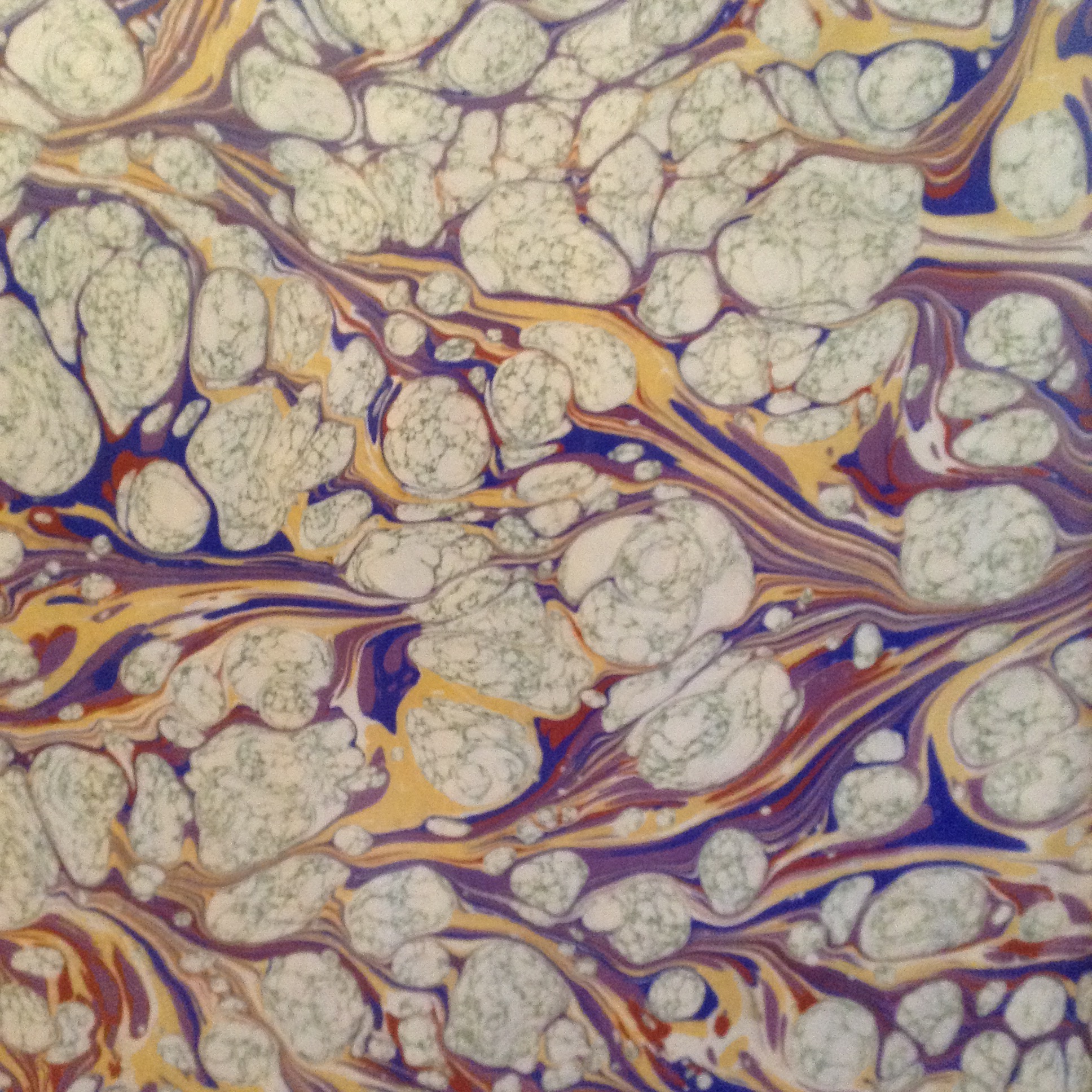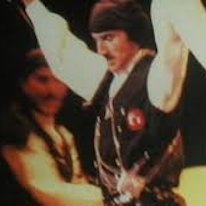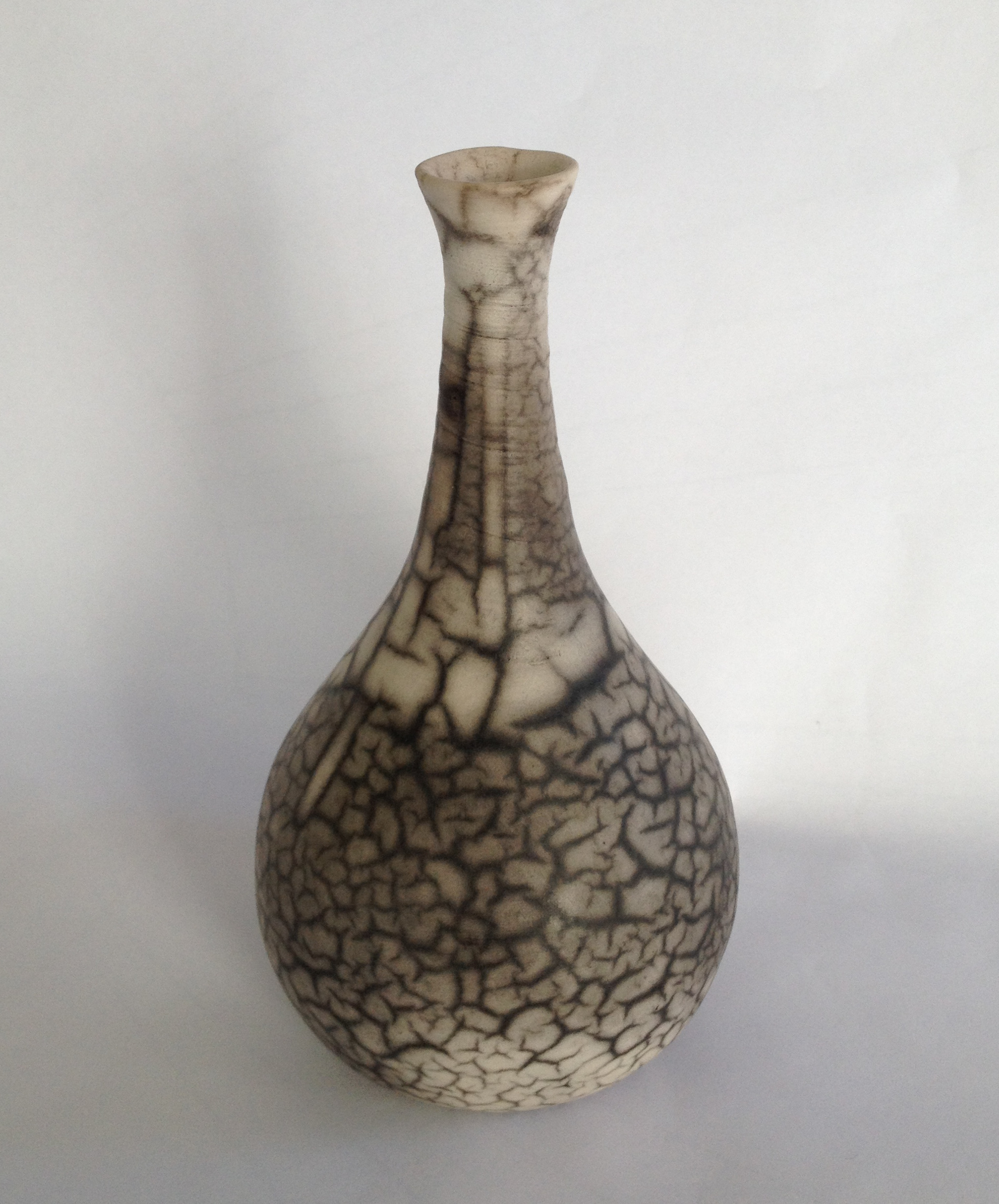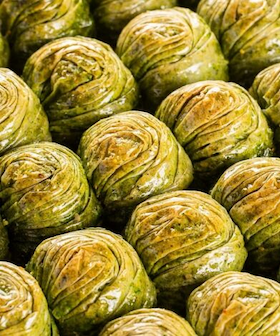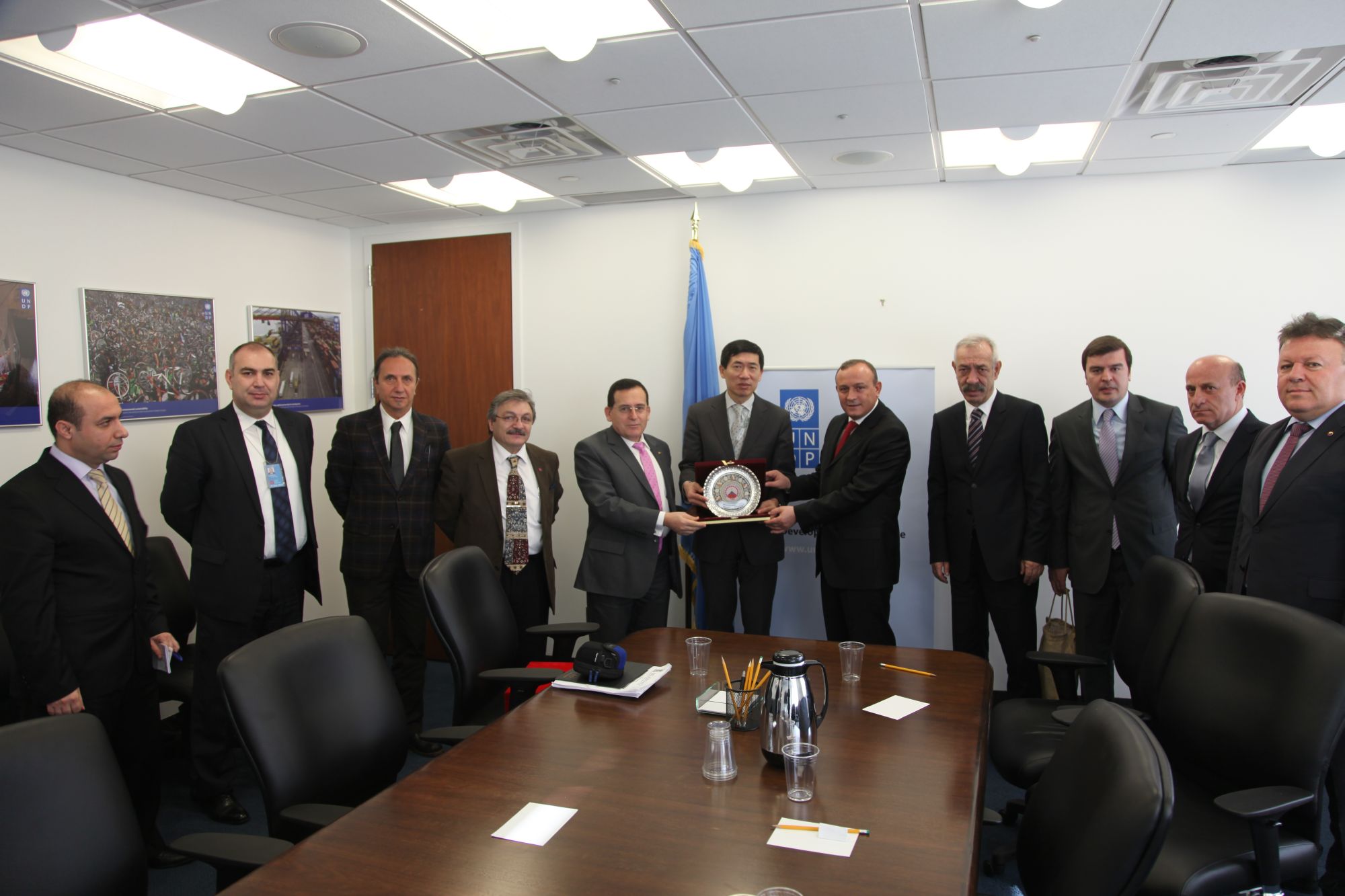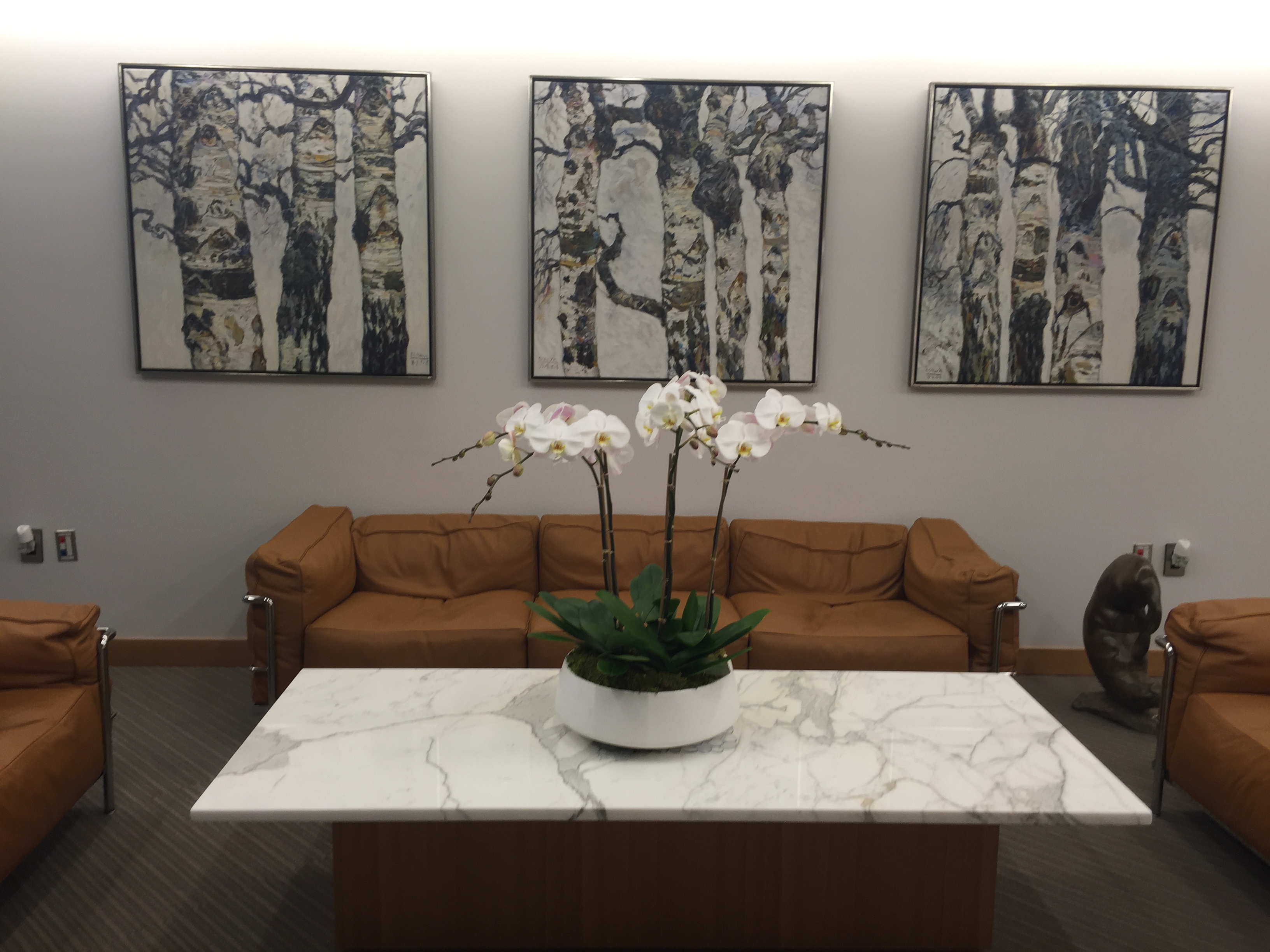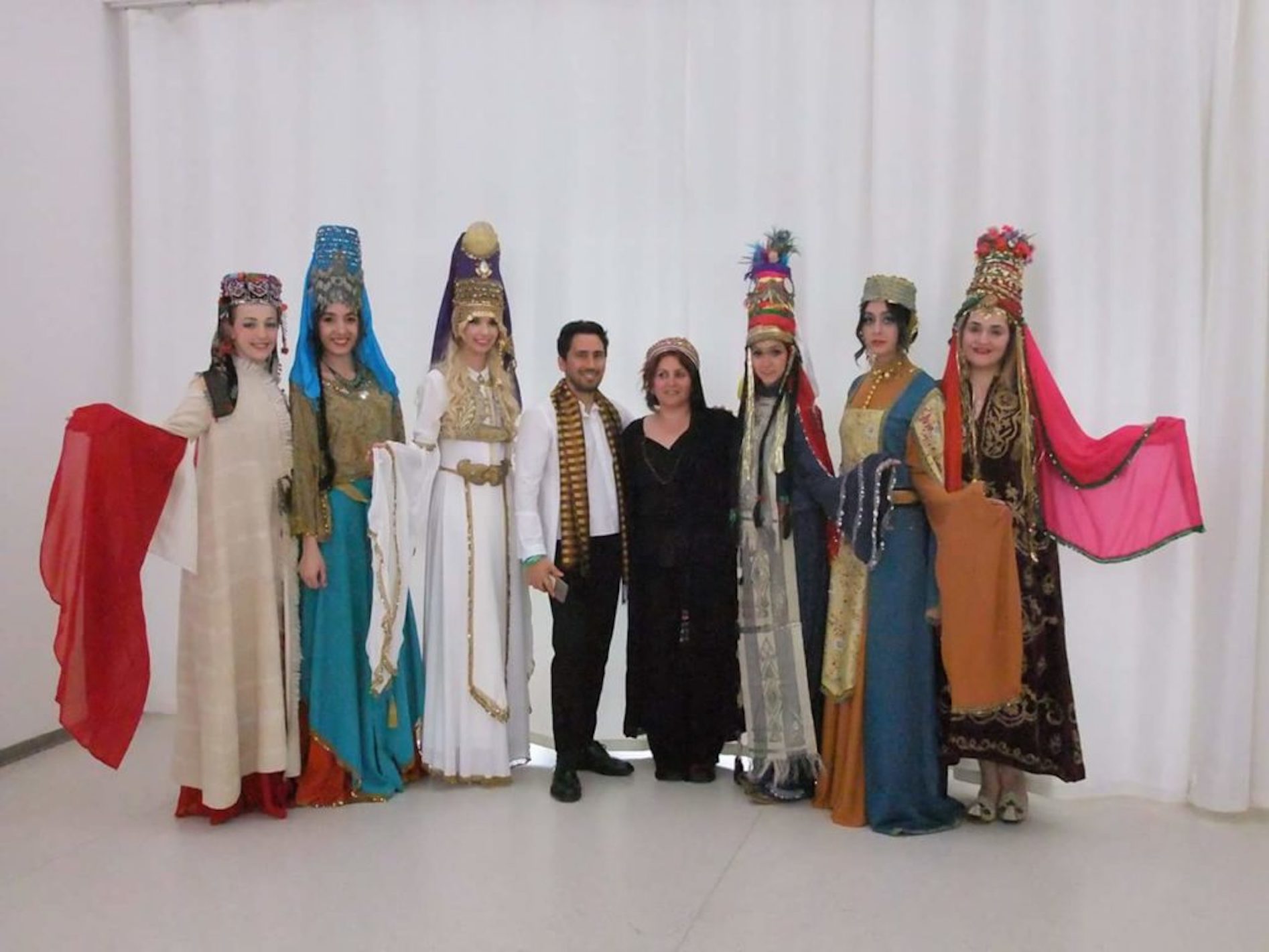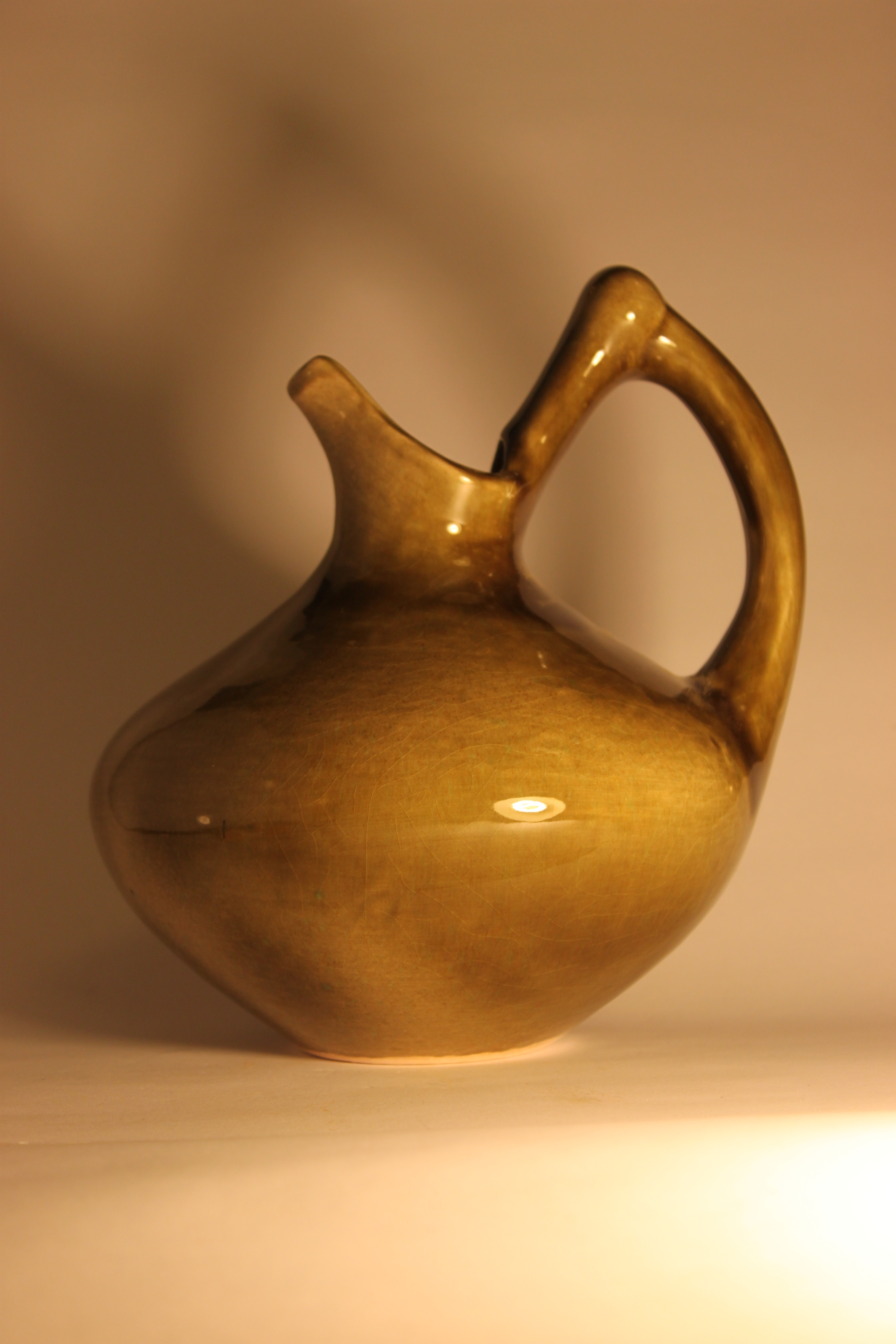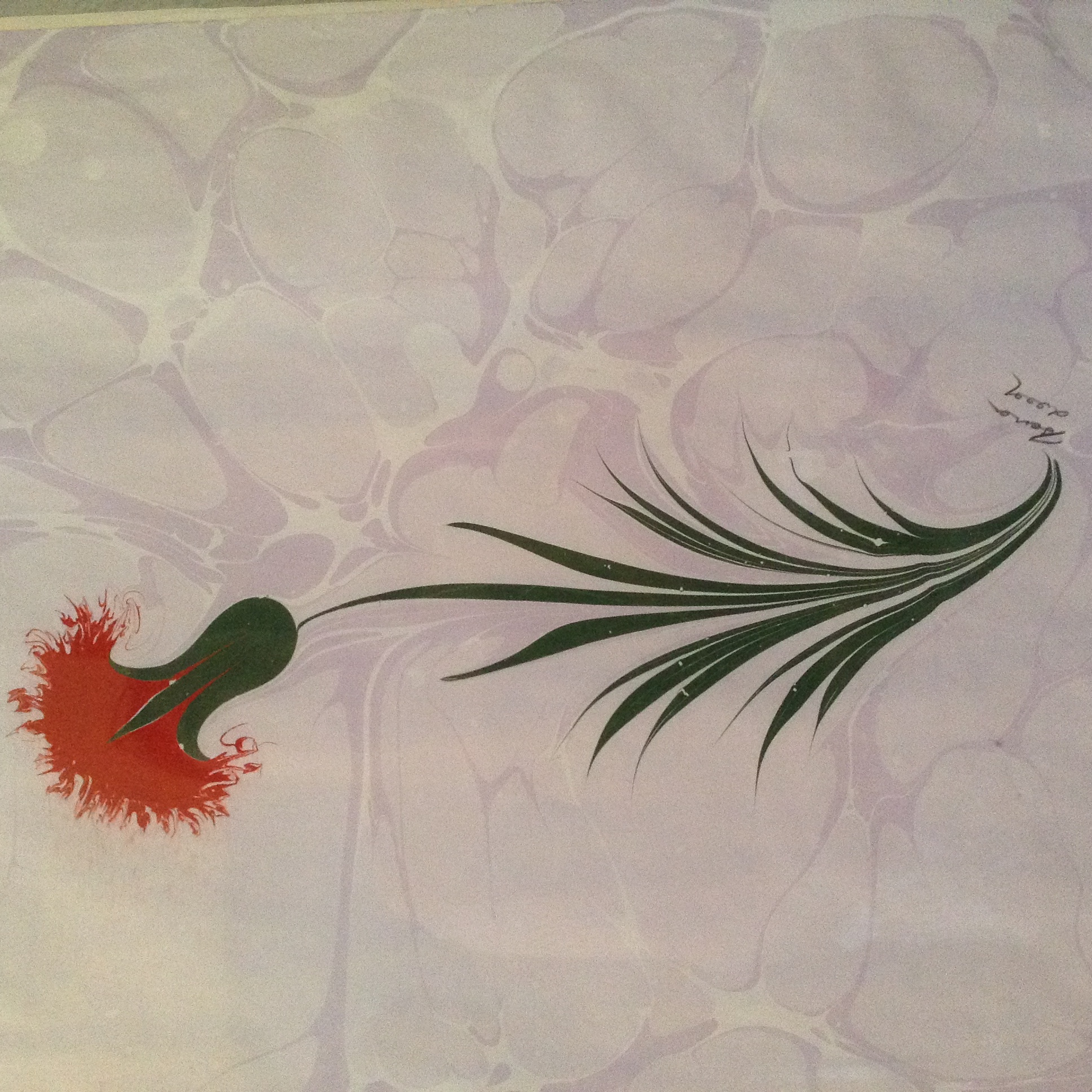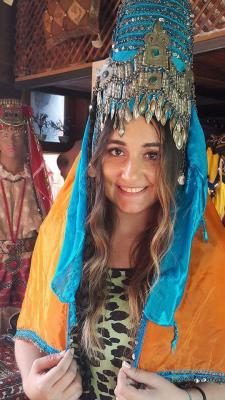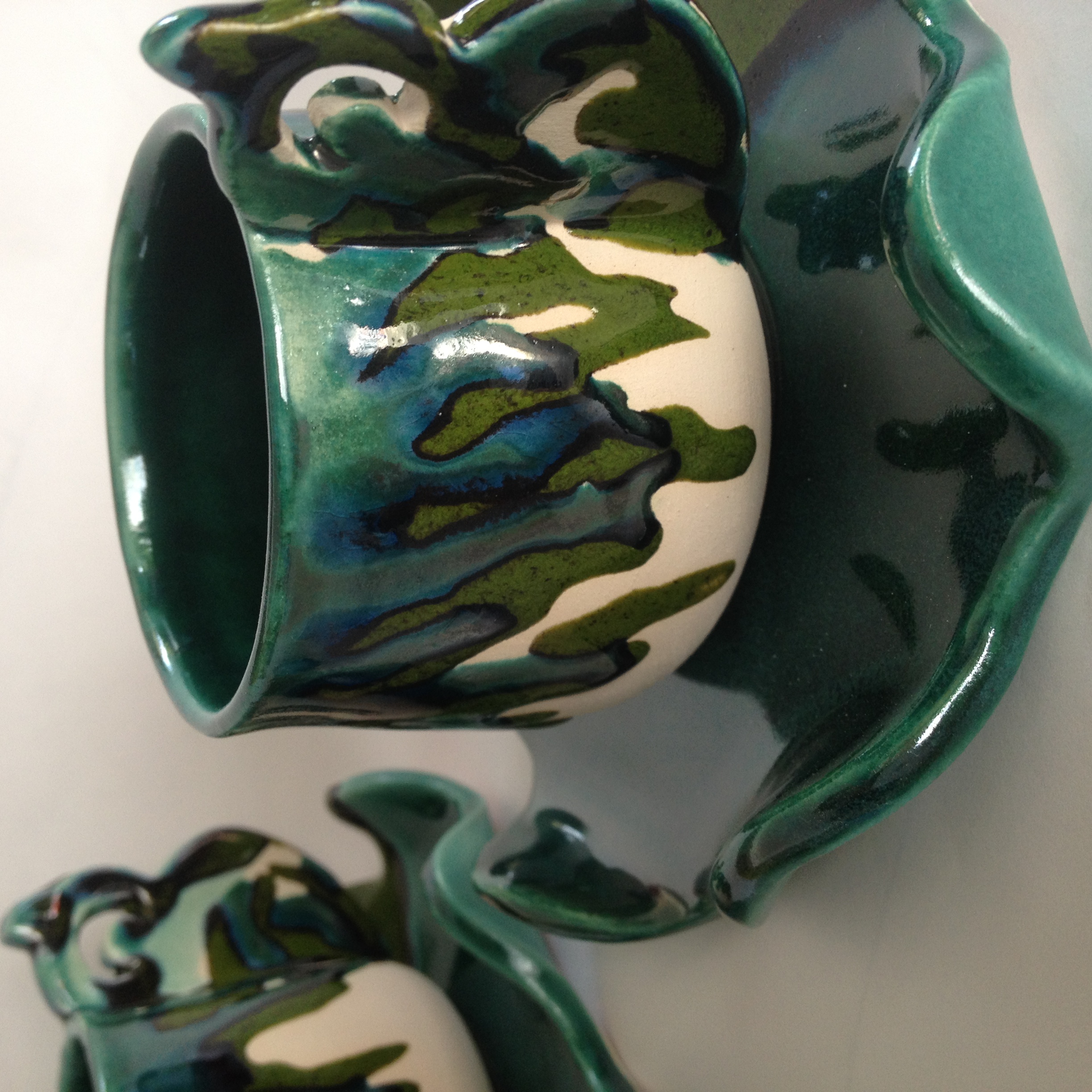Our Mission: Ensure the protection of the Turkish cultural values, introduce them to the United States, to demonstrate our country's traditions, customs, folk dances and music and artful scientific environments, investigate, examine, evaluate, deliver, demonstrate and promote it.
Our Vision: Academic and artistic as the Turkish folk culture, folk dances, folk music and traditional Turkish handicrafts, research and application efforts to maximize carry on to future generations, is to strengthen our cultural values at United States.
Why New York ?: 350 years ago, the British navy captured the city founded by the Dutch in 1615 under the name of New Amsterdam, naming it New York in honor of the Duke of York.
New York, which was the capital of the United States for 2 years in 1778, continued to develop after the capital was moved to Washington. Today, New York is the most populous city in the United States and an important center of international diplomacy. City is described as the cultural and educational capital of the world. New York is described as an immigrant city where 170 different languages are spoken and one out of every three people are born outside the United States.
Founder Ali Fuat Yilmaz: Intercultural dialogue is the key for development of understanding between the countries and societies and overcoming the prejudices and ignorance, promotes social coalesce to and participation of public life over democracies. Amongs all; culture and arts is one of the on the most dynamic sectors of employment and economic growth.
Prusa Art, Cultural and Education Foundation of America and Turkey aim to strengthen cultural ties of the two countries and carry out studies in science, social and cultural related areas in accordance with these principles.
29th October: The Republic Day of Turkey is one of the public days in Turkey, commemorating the proclamation of the republic in 1923. It lats 35 hours, starting at 1:00 pm on October 28. On 29 October 1923, Mustafa Kemal Ataturk declared that Turkey would be a republic and renamed it as the Republic of Turkey. Turkey had effectively been a republic from April 23rd, 1920 (the establishment of Grand National Assembly of Turkey) but official recognition of this came only 3 years later. On 29 October 1923, the new name of the nation and its status as a republic was declared. After that, a vote occurred in the Grand National Assembly of Turkey and M.K.Ataturk was selected as the first president of the Republic of Turkey by unanimous vote. Since then, every year on October 29th is celebrated as Republic Day in Turkey.
On October 29, 1923, the newly recognized Turkish parliament (TBMM) proclaimed the establishment of the Republic of Turkey, formally marking the end of the Ottoman Empire. On the same day, Mustafa Kemal, who led the Turkish National War of Liberation and was later named Atatürk (father of Turks), was unanimously elected as the first president of the Republic.
Turkey had effectively been a republic from April 23, 1920 when the Grand National Assembly was inaugurated in Ankara. When the Turkish parliament held its first session in 1920, virtually every corner of the crumbling Ottoman Empire was under the occupation of Allied powers. Exasperated by the Ottoman government’s inability to fight the occupation, the nationwide resistance movement gained momentum. With the Allied occupation of Istanbul, and the dissolution of the Ottoman Parliament, Mustafa Kemal’s justification for opening the resistance movement’s new legislative body was created.
With the opening of the Assembly, Ankara became the center of the Turkish national struggle for liberation. The National War of Liberation culminated in the emancipation of Anatolia from foreign occupation, the international recognition of modern Turkey’s borders by the Treaty of Lausanne, and finally, the founding of the Republic of Turkey on October 29, 1923. October 29- or Republic Day- is an official Turkish holiday celebrated each year across Turkey and by peoples of Turkish heritage world over.
Following the founding of the Republic of Turkey, Mustafa Kemal Atatürk embarked on a wide-ranging set of reforms in the political, economic and cultural aspects of Turkish society. These reforms have left a lasting legacy of which the peoples of Turkish heritage are proud: the conversion of the newly founded Republic into today’s modern, democratic and secular Turkish state.
Ali Fuat Yilmaz
President
Prusa Art,Cultural and Education Foundation of America INC.
